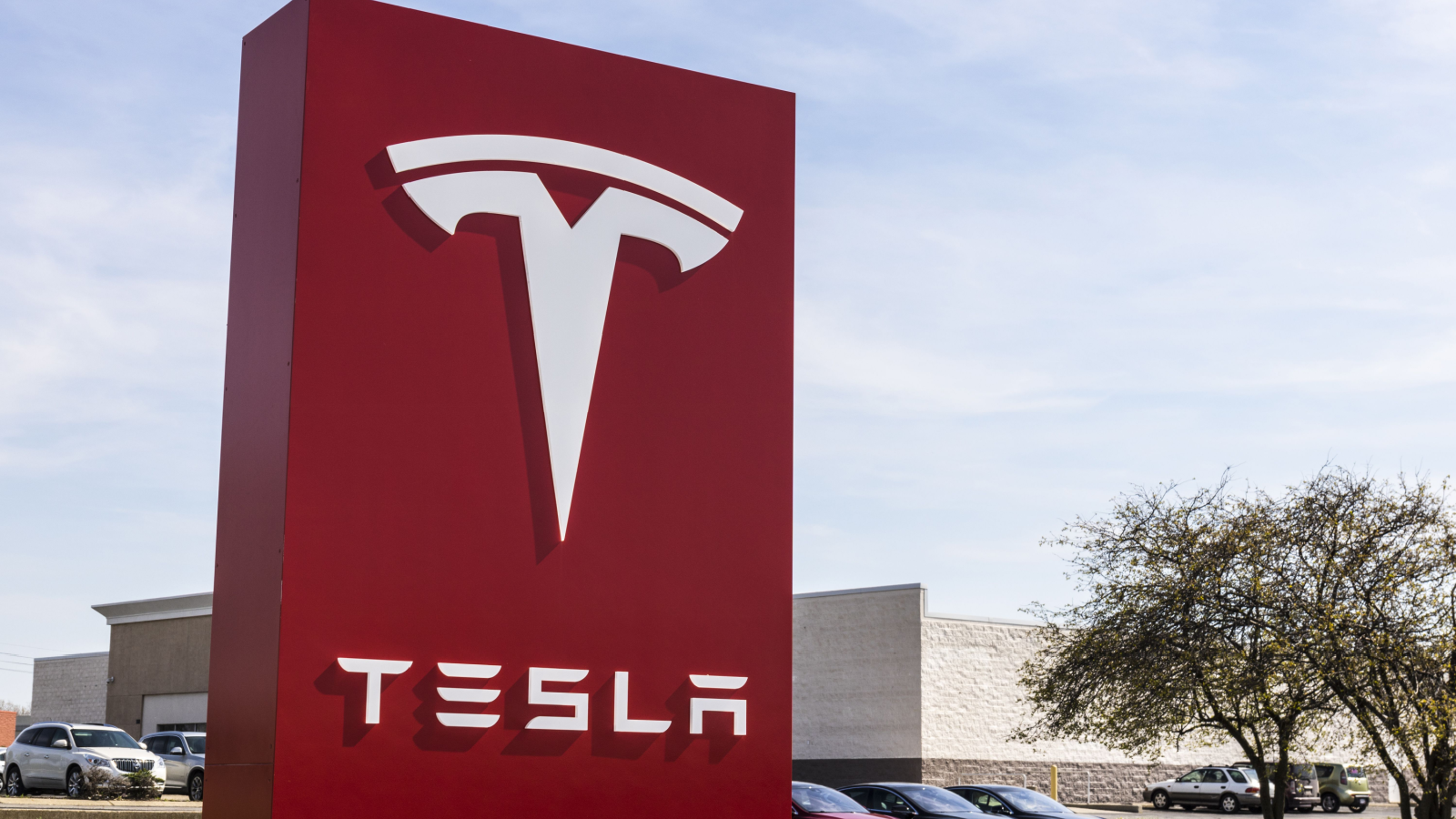There are 58 analysts covering Tesla (NASDAQ:TSLA) stock. Of those, 24 still rate it a Buy. Amazingly, the average price target of the analysts is $213.45, 4% below where it is currently trading.
How is it possible 24 of 55 Wall Street analysts have a Buy on the stock and yet, their target prices are below where it’s trading?
Tesla continues to lose market share as the EV industry matures and more of the competition find their financial footing because of a combination of higher sales and better expense control.
According to recent reporting from Fortune, Tesla’s U.S. EV market share in Q2 2024 fell below 50% for the first time. While its U.S. sales were down 6.3% in the second quarter, EV sales across the board in the U.S. were up 11.3%.
At what point do analysts stop giving Tesla a Buy rating just because Elon Musk is CEO? How much market share does Tesla have to lose before analysts act?
Let’s consider that question.
Tesla Stock Compared with GM
To give us some historical perspective on market share in the U.S. automotive industry, let’s consider General Motors’ (NYSE:GM) market share.
As recently as 1962, it was over 50%, around the same level as Tesla’s current share of the U.S. EV market. That marked is much smaller based on the number of vehicles sold in a given quarter or month. In 2009, the year GM filed for bankruptcy, its market share had fallen below 20% to 19.8%.
As of December 2023, its market share was 16.2%. Last year, GM sold 2.6 million vehicles in the U.S., 14% higher than a year earlier. By comparison, Tesla sold 670,000 vehicles in 2023, about one-quarter GM’s output.
Given all these statistics between the two companies, it’s easy to see why 66% of analysts covering GM rate it a Buy compared to 49% for Tesla.
It’s possible that Tesla got the benefit of the doubt from analysts for a long time because it participates in and dominates an industry that’s still young and fairly immature. It shouldn’t any longer.
Can Tesla Ever Catch GM’s Production Numbers?
Unless GM CEO Mary Barra totally botches EVs, it isn’t going to happen in my lifetime, or any lifetime thereafter. The lead is too great for Tesla to overcome knowing that GM’s EV strategy is slowly coming together.
GM reported its Q2 2024 production results in early July. It delivered 696,086 vehicles in the second quarter, up 0.6% from a year earlier. Its EV sales grew 40% YOY and 34% higher than Q1 to 21,930, or 3.2% of total deliveries.
That’s impressive considering it dropped the Chevy Bolt EV, from its lineup after 2023, delivering 62,044 of the economical EV last year in the U.S., up from 38,122 in 2022. The next generation Bolt will be out summer of 2025. It’s expected to be the cheapest EV ever sold in the American market.
Worse still for Tesla, GM will have 10 EV nameplates by the end of the year, including the Equinox EV, which has already become its highest volume EV in just one month.
One of the benefits of being a legacy automaker is that you have a bunch of nameplates that you can produce EV versions for, maintaining the customer engagement.
Tesla has to almost start from scratch with each new vehicle, and while new has its advantages, legacy brand awareness is helping GM’s EV strategy moving into the second half 2024.
As I said, unless something happens to mess up GM’s strategy, Tesla will always be chasing GM, something that should make investors question their investment in Tesla stock.
Tesla’s Valuation Is Stretched
While GM’s EV strategy continues to evolve and grow, you can’t say the same about Tesla. Sure, it’s got Cybertruck to remind investors that it can do new vehicles, and it does have the robotaxi business, but can it do new vehicles that don’t break the bank? So far, the answer is no.
Yet its valuation is Magnificent Seven-worthy.
“Tesla, by share price, is the most valuable automaker in the world. Its market cap is higher than the next nine most valuable automakers – Toyota, BYD, Ferrari, Mercedes-Benz, Porsche, BMW, Volkswagen, Stellantis, and General Motors – combined,” Jalopnik contributor Amber DaSilva recently wrote.
Historically, Tesla stock’s been valued like a tech business, not a maker of cars and trucks. There is an argument to be made that this is no longer the case. Perhaps the eventual lauch of the robotaxi will help on that front.
In the meantime, well-known investor Bill Gross has called it the newest meme stock, and he wasn’t being complimentary.
Trading at 59x cash flow – GM trades at 2.6x cash flow – Tesla stock is not a buy at these prices.
On the date of publication, Will Ashworth did not have (either directly or indirectly) any positions in the securities mentioned in this article. The opinions expressed in this article are those of the writer, subject to the InvestorPlace.com Publishing Guidelines.
